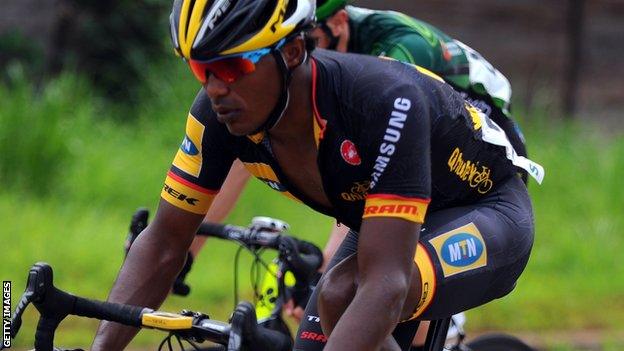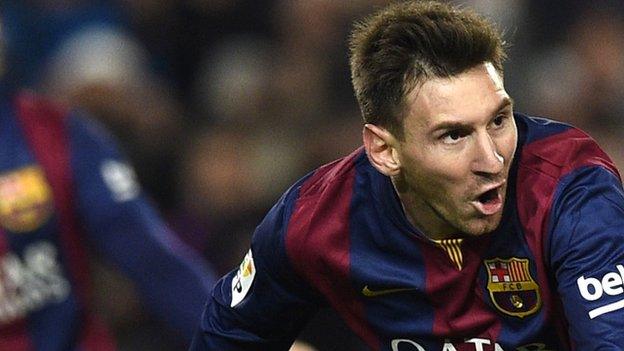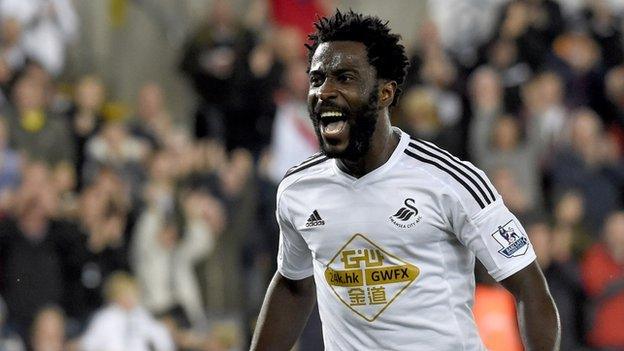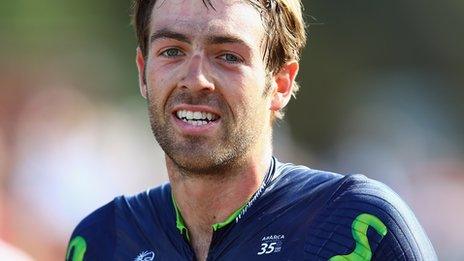Tour de France: African-registered team to compete for first time
- Published

Eritrean cyclist Frekalsi Debesay in action for MTN-Qhubeka in 2014
An African-registered team will compete in the Tour de France for the first time this summer.
The MTN-Qhubeka outfit from South Africa is one of five teams granted wildcard invitations, external alongside the 17 World Tour entries.
The team has previously stated its desire to mark Nelson Mandela Day on 18 July with a specially-designed kit if it was invited to take part.
The 102nd Tour gets under way in Utrecht, Netherlands, on 4 July.
Grand Tour stage winners Edvald Boasson Hagen, Matt Goss and Tyler Farrar are part of the rider roster at MTN-Qhubeka, which competes on the second-tier UCI Continental Circuits.
Team principal Doug Ryder told BBC World Service Sport that Britain's Kenyan-born former Tour champion Chris Froome had been an inspiration to the team.
He added: "It's been almost 10 years of hard work and getting people to believe in this project and to believe in African cycling and the potential.
"African sport has always been good, especially endurance running, and our theory was always if we can get more kids on bicycles in Africa, can you imagine how we can transform cycling because of the endurance running talent that has just been so successful over the last 30 years.
"For us to go to the Tour de France as the first African-registered team, that door will literally never close now."
Speaking to Cycling Tips prior to the announcement,, external MTN-Qhubeka's general manager Brian Smith said the Nelson Mandela Foundation was keen for the team to mark Mandela Day.
"They have made it clear they would like to see an African team in the Tour de France, and maybe wearing a special jersey of 67 for Mandela Day," Smith said.
The number signifies Mandela's 67 years of service to South Africa, encompassing his years fighting apartheid, 27 years in jail, and five years as the country's president between 1994 and 1999.
- Published14 January 2015

- Published14 January 2015

- Published14 January 2015
